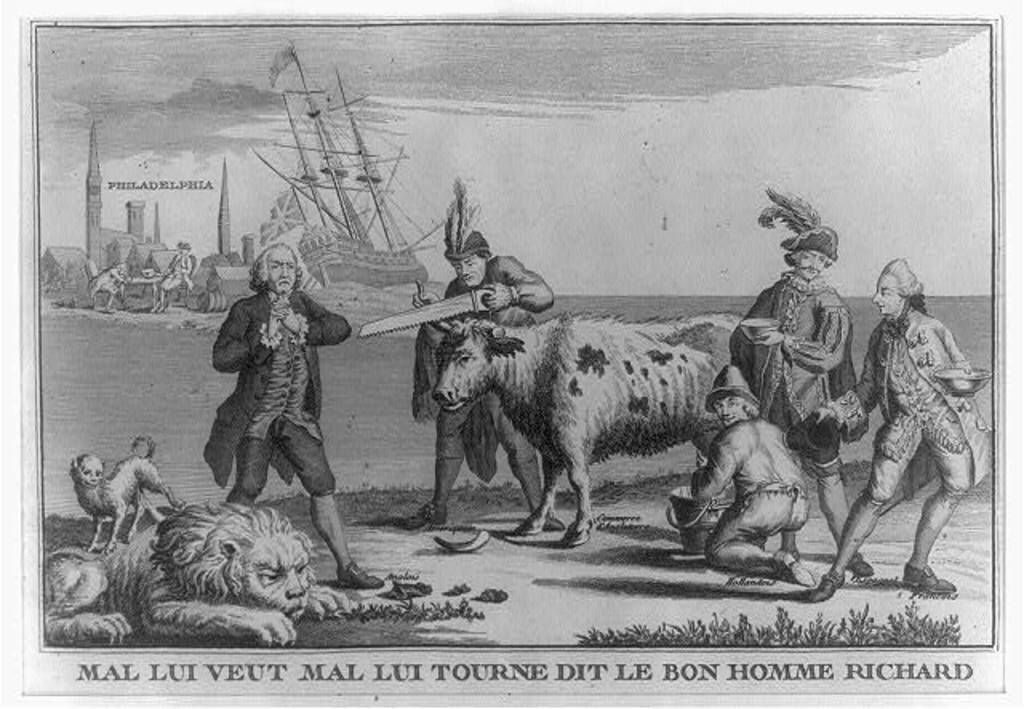Todd Rundgren Takes a Swipe at the Rock Establishment with Meat Loaf's Bat Out of Hell
Todd Rundgren disclosed the true motivation behind his production of Meat Loaf's unconventional album Bat Out of Hell: he merely aimed to mock Bruce Springsteen.
You know Todd Rundgren from his work with Nazz, Utopia, and his solo career. But the man with a golden guitar also has a knack for production, notably with Meat Loaf's iconic, "Wagnerian rock" debut album Bat Out of Hell. In an uncensored chat with our site, Rundgren sheds light on the wild road that led to this incredible collaboration.
"Meat Loaf was just plain weird," Rundgren says, "And every producer couldn't figure out what to do with them because the songs were so long."
The idea for Bat Out of Hell emerged from a musical, Neverland, a futuristic rock interpretation of Peter Pan by composer Jim Steinman. Initially a workshop production in 1974, Steinman's work eventually drew Meat Loaf's attention, and the pair began working on the album.
Despite producers and record labels struggling to understand the project's eccentricity, Rundgren was intrigued. As he shared, "I was in a certain frame of mind, and making that record represented a certain revenge to me. I'm very much about progress, and I know things are cyclic, especially in the music business, you know, we go through phases. Every once in a while, we're due for a change."
The reason for Rundgren's participation stemmed from a desire to parody the dominating trends in rock music, primarily the mainstream acclaim and media saturation surrounding Bruce Springsteen and his retro-rock masterpiece, Born to Run. As Rundgren puts it, "He [Bruce Springsteen] was on the cover of Time Magazine, and, Jesus, was the 'savior of rock 'n' roll.' You know, he looks like Jesus, he's gonna save rock 'n' roll.
And I listen to Bruce Springsteen, and it's these long songs, they're all about the '50s, and it's like, 'Wait a minute... we have to go through this again? The motorcycles? The switchblades? The leather jackets? We're going to do this again?'
"I thought, 'We're going to rebuild rock 'n' roll from the beginning? Oh, hell, no.' So, when I saw Meat Loaf, I said, 'This is a spoof of Bruce Springsteen, and that's why I'm doing it.' And the rest, as they say, is history. I didn't care if it succeeded or not; I just wanted to make fun of Bruce Springsteen."
While the album's mockery of Springsteen's style was evident, its eventual success catapulted it into uncharted territory, selling over 43 million copies worldwide and redefining the rock icon mold. For more on Rundgren's work with Meat Loaf, The Band, Grand Funk Railroad, and his attempts to produce the New York Dolls, delve into our complete interview with the brilliant and rebellious Todd Rundgren.
Todd Rundgren's involvement in Meat Loaf's Bat Out of Hell was predominantly driven by his desire to challenge the prevailing trends in rock music, particularly the ubiquitous Springsteen era and its nostalgia-infused, mythic rock aesthetic. Rundgren, in his own words, saw in Meat Loaf and Jim Steinman's theatrical and over-the-top approach an opportunity to satirize Springsteen's earnest, blue-collar narratives and the rock industry's cycles of nostalgia. He admitted that he didn't care whether the album succeeded commercially, but rather intended to make a statement by poking fun at the dominant trends of the era[1].
Moreover, the presence of members of Springsteen's E Street Band in the recording sessions added an element of familiarity, blurring the line between homage and satire[4]. Ultimately, Rundgren's intent was to inject some progress and change into the stagnant rock landscape, reflecting his progressive outlook on the music industry's cyclical nature[1].
In his work on the album Bat Out of Hell, Todd Rundgren sought to parody the dominant trends in rock music, particularly the Springsteen era, intentionally blurring the line between homage and satire with the inclusion of members from Springsteen's E Street Band. His goal was to inject progress and change into the stagnant rock landscape, reflecting his progressive outlook on music and the music industry's cyclical nature. During the production, he discovered that Meat Loaf's raw talent and unique songwriting style complemented his technique, resulting in a fusion that resonated with pop-culture and redefined the rock icon mold. Throughout the process, Rundgren utilized various guitars, including a Gibson, to craft the bass guitar and amp parts that created the distinctive sound of Bat Out of Hell.






